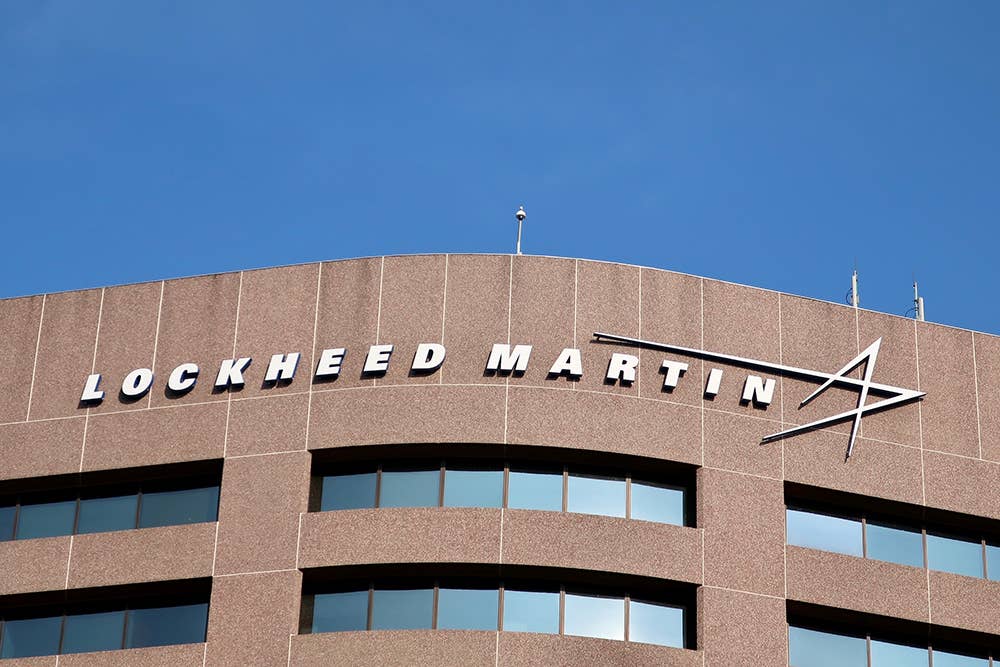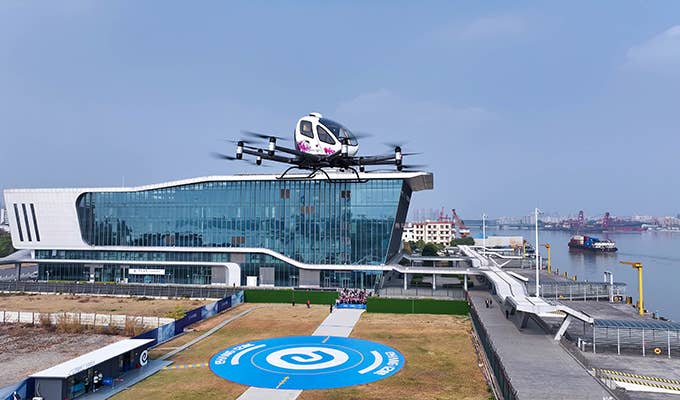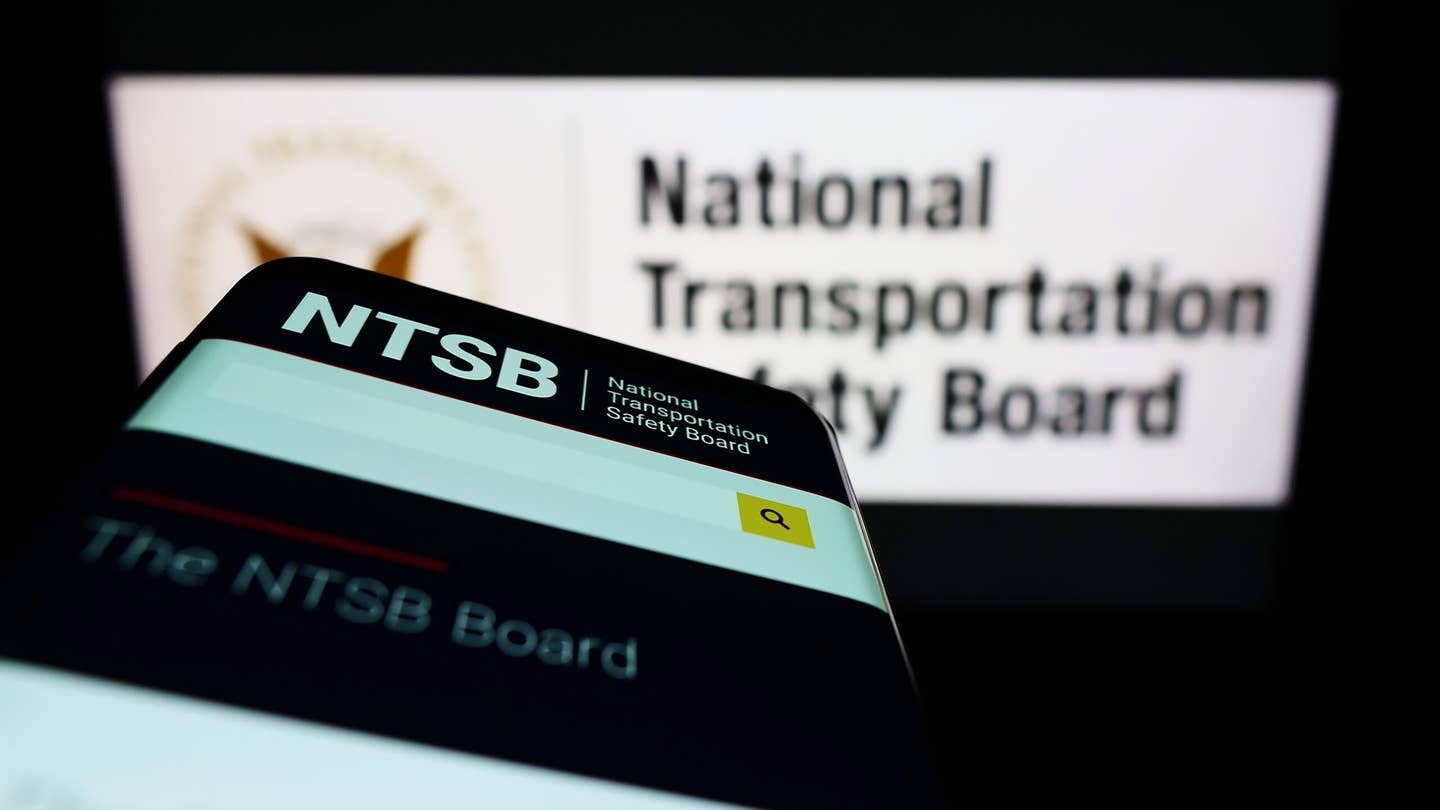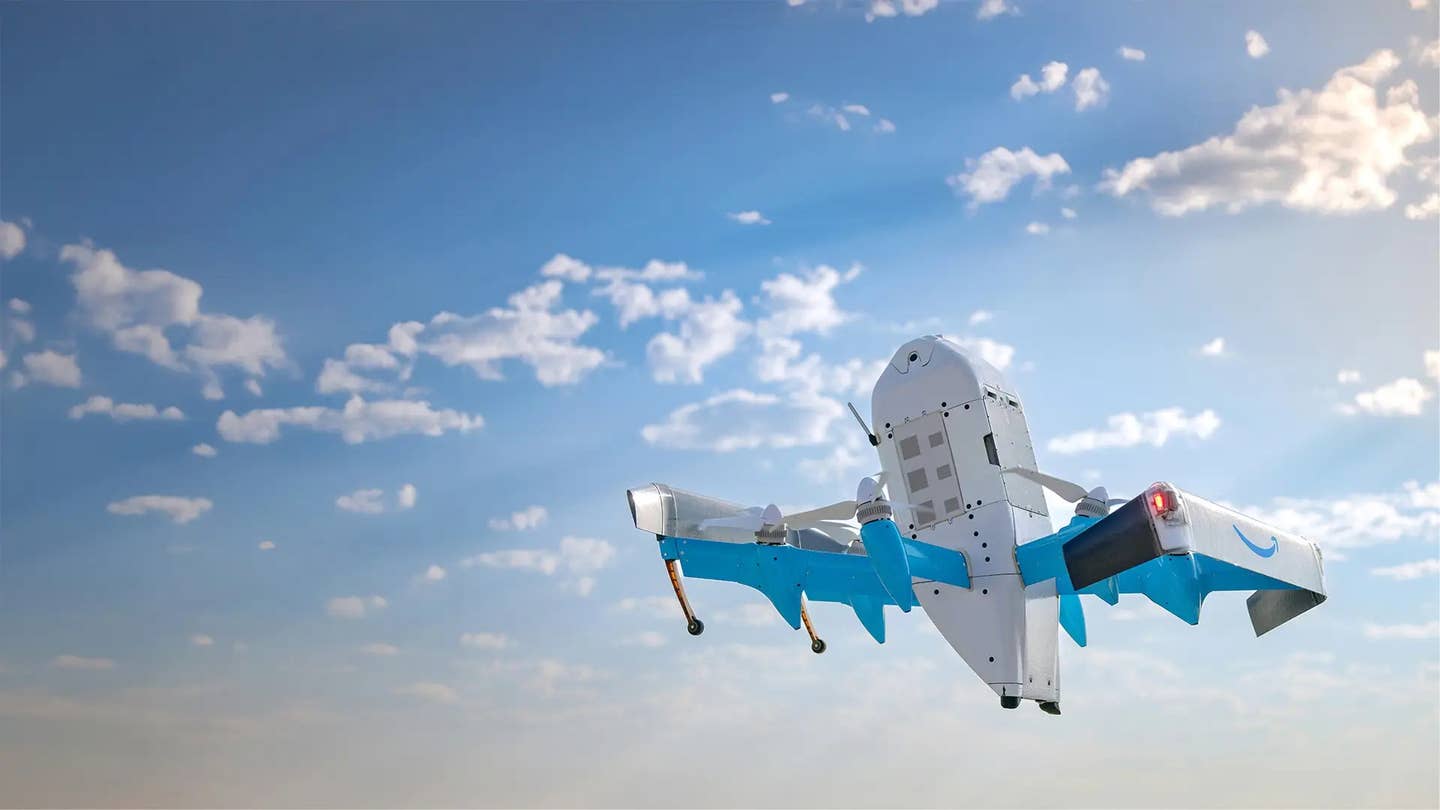Lockheed Martin Pulls Back Aerojet Rocketdyne Bid Following FTC Lawsuit
The agency contends the defense contractor could use its position to harm its rivals.

The Federal Trade Commission sued Lockheed Martin to block the company’s $4.4 billion deal to buy Aerojet Rocketdyne. [File Photo: Shutterstock]
Lockheed Martin (NYSE: LMT) has pulled back its bid to buy Aerojet Rocketdyne (NYSE: AJRD), a manufacturer of rocket engines and spacecraft propulsion, Lockheed announced late Sunday.
The announcement comes after the Federal Trade Commission sued Lockheed to block the $4.4 billion deal, alleging that if the agreement proceeded, Lockheed could've used its control of Aerojet to harm rival defense contractors, and further consolidate multiple markets critical to national security and defense.
Lockheed Martin's chairman and CEO, James Taiclet, said in a statement that the deal had synergies beneficial to the entire industry that would’ve led to "greater efficiency, speed, and significant cost reductions for the U.S. government."
Ultimately, Taiclet said, the FTC's lawsuit would create too much downside for shareholders.
How We Got Here
Lockheed initially targeted Aerojet in late 2020 to fast-track its hypersonic strategy and expand its business into missile defense and space travel. At hypersonic speeds, objects can travel faster than a mile per second. That efficiency has created a strong military and commercial appeal.
Aerojet told its shareholders Sunday that the company would now focus on "space exploration and defense growth markets." The company also pointed out its backlog, valued at three times its annual sales.
Antitrust Pushback
The wrinkle in the deal for Lockheed came from the fact that Aerojet is one of only two rocket-motor providers in the U.S. The other, Orbital ATK, was acquired by Northrop Grumman in 2018, which left Aerojet Rocketdyne as the standalone supplier.
When the FTC announced the lawsuit in late January, its members voted 4 to 0 to block the deal.
"This deal would give Lockheed the ability to cut off other defense contractors from the critical components they need to build competing missiles," Holly Vedova, FTC Bureau of Competition director, said in a statement, adding that the lack of competition could encourage Lockheed to "jack up the price the U.S. government has to pay while delivering lower quality and less innovation."
Lockheed sensed the deal might not go through and discussed the FTC's lawsuit during its January earnings call but said then would challenge it. At that time, Taiclet said his company would have benefited from the speed and efficiency of a vertically integrated supply chain, but "whichever way that deal turned out," Lockheed would manage.
Lockheed's and Aerojet's share prices have dropped since the opening of trading Monday morning. Lockheed's was down 1.6 percent to $389, and Aerojet's fell 4 percent to $37.50 as of 11 a.m. ET.

Sign-up for newsletters & special offers!
Get the latest FLYING stories & special offers delivered directly to your inbox






